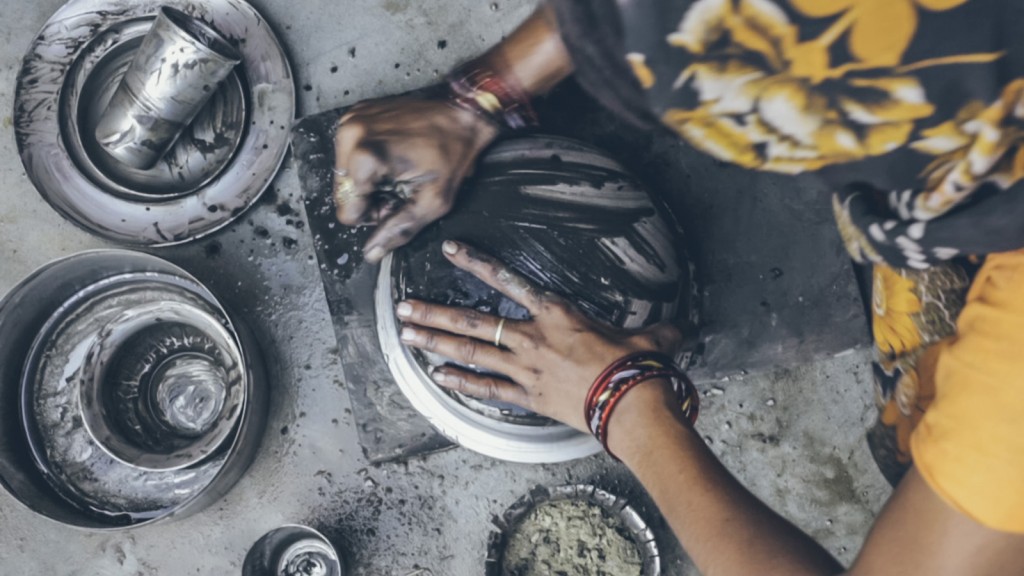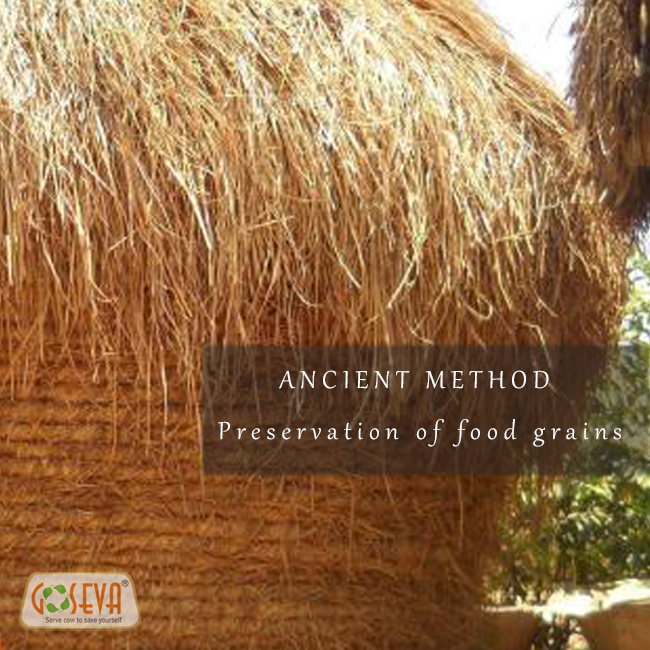ANCIENT WISDOM FOR MODERN TIMES (PART 2)
The invaluable dung ash
If I claim that cow dung ash is so precious that it can save us from international debt slavery; would you believe me? But the fact is it may not be possible to assign any price in monetary terms to the ash which is left over after cooking on the dung cakes. Allow me to enumerate various uses of cow dung ash that has been part and parcel of Indian culture.
Preservation of food grains
In olden days, the kings used to preserve jowar for their subjects for use during drought year. For preserving jowar to last for years, ash of equal weight was mixed with jowar, and it then could be stored in this way for 12 years without any damage. Even in normal; course people could store food grains for 2 to 3 years in their storage tanks made of clay in each household, by mixing cow dung ash in food grains.
Unfortunately, due to nonavailability of ash in modern times, people have forgotten its use. Now we borrow millions of dollars from World Bank for construction of air-conditioned warehouses for storing food grains. Now we resort to spraying of poisonous pesticides on food grains for their preservation, which adversely affects health of people. The World Bank and the multinational pharmaceutical companies are taking advantage of scarcity of dung and dung cakes.
What can be more pathetic that the bullock which may not be able to work in the farm or to pull weight, but it is capable of giving dung till its death is being slaughtered for the purpose of making quick money for it is thought to be useless to the farmer.
Cleaning of utensils with cow dung ash
Another Important Use of Cow Dung Ash Cleaning of utensils is one of the routine and essential household chores. For centuries, the cleaning of utensils was done with the help of eco-friendly ash of dung cakes. Now, instead of dung cake, washing powder or other harmful detergent has to be used. The expenses on this head come to about Rs 75 to Rs 100 per annum per family. What was inexpensive or totally free, now costs crores of rupees for the society as a whole, and the families in the middle class are the worst affected.

The nation is spending just Rs 5 per head on education, how was it worthwhile to spend Rs 19 to maintain an old animal. (The argument was presumably to justify animal slaughter.) . However the issue today, is that if we are unable to spend Rs 25 per head on education, is it worthwhile to spend Rs 75 to Rs 100 on an activity like cleaning of utensils?! Is it not worthwhile to save this 100 rupees, and spend them on education, by reverting to dung ash as means to clean utensils?
Cleaning utensils for puja is totally sativk as cow dung ash completely pure and ideal for using in temples and puja ghar of your house.






